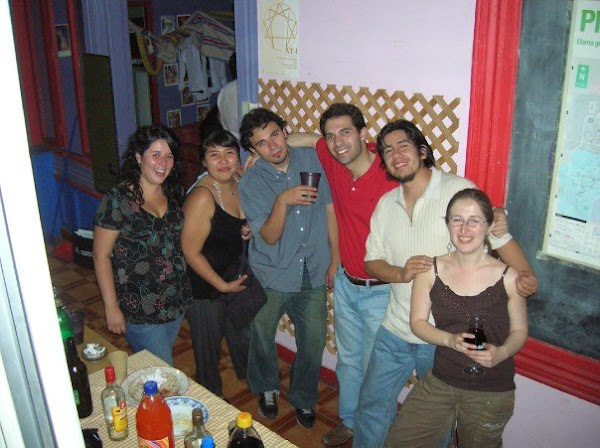Edward Burtynsky is a Canadian photographer, who was invited to China to take pictures of The Three Gorges Dam. This monumental construction is the starting point in Burtynski' exploration on the 180°-transformation in China. Following a 10-year work in China, Manufactured Landscapes (2006) is a shocking movie. Using different techniques, since the reproduction of Burtynsky-pictures to shorts conversation with Chinese workers, this documentary explores the dramatic changes that are taking place in China. Directed by Jennifer Baichwal and with the voice of Burtynski as the narrator, Manufactured Landscapes is a movie that raise a lot of questions, without leading us to easy answers.
The first scene shows a Chinese factory which making think in the times of the Industrial Revolution. Hundreds of workers doing small steps in a the chain of the product, following the way of production created by Henry Ford. Then the Three Gorges Dam, constructed in order to cover the energy necessities of the Chinese boom. It's construction began in 1994 and will be fully operative in 2009, and implies the relocation of over 1 million of people. Finally, the skyscraper over the surface of Shanghai are the final touch of a outstanding movie. The movie is more than the plus of all of its parts.
The pictures of modern construction are contrasted with imagines of the rural China. Even in ultra-moderns cities like Shanghai, there's still a lot of space for a small constructions and a type of life that had been the tonic in Chine until the second half of the 20Th century. But there's no judgment, no criticism over such a complex social phenomenon. I think that is precisely the strength point of the movie: presenting a topic without offering a simplistic explanation.
For these reasons, and for those you can have after seeing the movie, I really suggest you to see Manufactured Landscapes.
Sunday 21 January 2007
Saturday 6 January 2007
Some comments after Pinochet's death
I don't know if everybody knows who's Pinochet, so I have to start by the begining. The former general Augusto Pinochet Ugarte was the Dictator that rule my country, Chile, since 1973 (Sept, 11th) until 1990.
After a violent coup d'etat against the democratically elected socialist government of Salvador Allende Gossens, Pinochet controlled the country with a strict and prussian hand and made profounds changes in our economy.
During the Pinochet's years, as a official report said in 1991, the Secret Service, knows as DINA (Nacional Intelligency Direction, for his spanish abreviature) kills and make "disappeared" more than 3.000 people. As a recent report shows -Valech Report, 2004- named for a famous Catholic bishop who helped a lot of people during the dictatorship, this agency also tortured more than 30.000 human beings. Considering the strict definition of torture used by this Comision, the number of victims is probably conservative. Finally, you have to consider thousands of self or force exiles, according to some measures around 500.000, many of whom never came back to their country.
This facts make that a lot of people in Chile still feels horror and pain, specially if you are related with persons who suffer during the Pinochet's era.
Pinochet died without a court decission wich established his legal responsability, but the political, international and moral responsability was already established by the mayority of our national society and for the international comunity too.
For me Pinochet is a figure from the past, and with his dead the door for national reconciliation is now a little more opened.
Subscribe to:
Posts (Atom)

